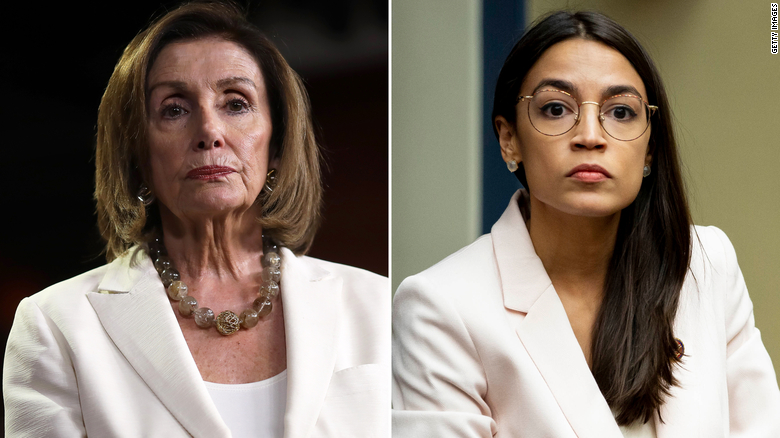The political landscape in the United States is undergoing a significant shift, marked by the rise of progressive voices like Alexandria Ocasio-Cortez (AOC) and the potential decline of longtime Democratic leader Nancy Pelosi. This shift represents a fundamental change in the way politics is conducted and signals a new era of policymaking and leadership within the Democratic Party.
The Rise of AOC:
Alexandria Ocasio-Cortez, often referred to as AOC, burst onto the political scene in 2018 with her surprising primary victory over incumbent Joe Crowley. Since then, she has become a prominent voice for progressive policies such as Medicare for All, the Green New Deal, and criminal justice reform. AOC’s passionate advocacy for these issues has garnered her a large following among young voters and progressives, making her one of the most influential figures in the Democratic Party.
The Fall of Pelosi:
In contrast, Nancy Pelosi, the longtime House Speaker and Democratic stalwart, is facing increasing criticism from within her own party. Pelosi’s moderate approach to governance and her reluctance to embrace some of the more progressive policies espoused by AOC and others have led to tensions and divisions within the Democratic Party. Many younger voters and progressives see Pelosi as out of touch with the changing political landscape and are calling for new leadership that better represents their values and priorities.
AOC and Pelosi: A Clash of Ideologies:
The growing divide between AOC and Pelosi represents more than just a generational shift in leadership; it also reflects a broader ideological struggle within the Democratic Party. AOC’s unapologetically progressive agenda stands in stark contrast to Pelosi’s more moderate and pragmatic approach to governance. As the two sides continue to clash, the future direction of the Democratic Party hangs in the balance.
The Future of Democratic Politics:
As AOC’s star continues to rise and Pelosi’s influence wanes, the Democratic Party faces a crucial juncture in its history. The party must decide whether to chart a new course guided by the progressive ideals championed by AOC or stick to the more traditional approach embodied by Pelosi. The outcome of this internal struggle will not only shape the future of the Democratic Party but also determine the direction of American politics as a whole.
The Role of Progressive Leaders:
In this era of political upheaval, leaders like AOC are at the forefront of shaping the future of American politics. Their bold and unapologetic advocacy for progressive policies has inspired a new generation of voters and activists to get involved in the political process. By challenging the status quo and pushing for meaningful change, progressive leaders are setting the stage for a new era of politics that prioritizes social justice, environmental sustainability, and economic equality.
The Legacy of Pelosi:
While Nancy Pelosi’s tenure as House Speaker has been marked by significant accomplishments, including the passage of the Affordable Care Act and the impeachment of President Donald Trump, her reluctance to fully embrace the progressive agenda championed by AOC may ultimately define her legacy. As the Democratic Party grapples with its future direction, Pelosi’s leadership style and policy decisions will be scrutinized and debated for years to come.
The Path Forward:
The tension between AOC and Pelosi underscores a broader debate within the Democratic Party about the best way forward. Should the party embrace the progressive ideals of its younger members and chart a new course for the future, or should it stick to the more moderate path laid out by its longtime leaders? Whatever path the party chooses, one thing is clear: the winds of change are blowing, and the future of Democratic politics is at a crossroads.

